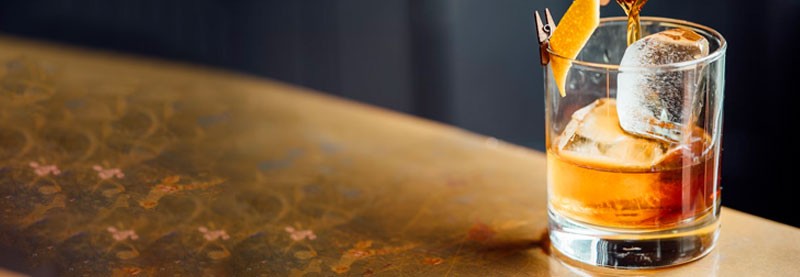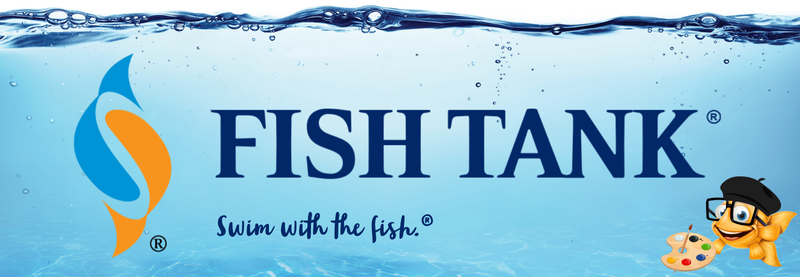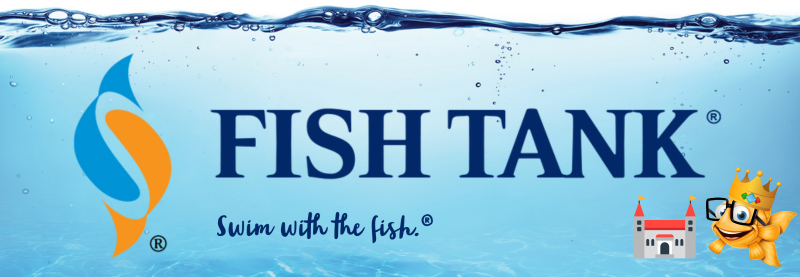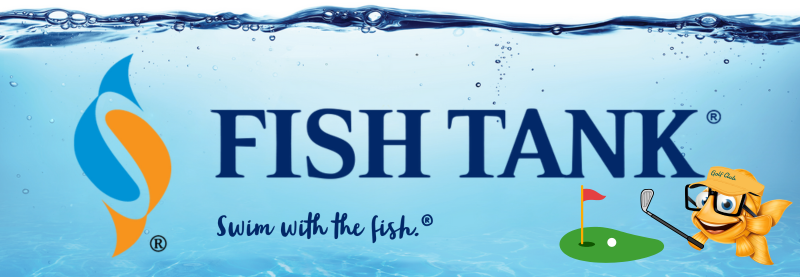Intellectual Property Insights from Fishman Stewart PLLC
Newsletter – Volume 23, Issue 13
Share on Social
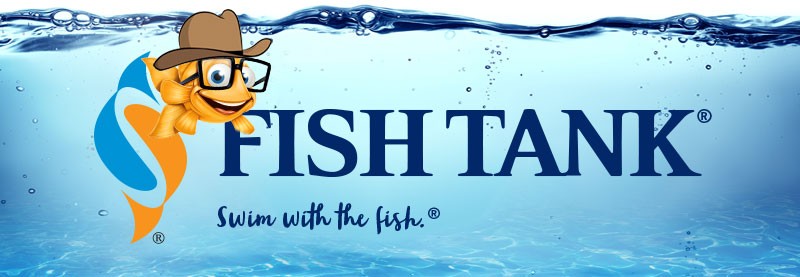
Supreme Court to VIP: Bad Spaniels, Bad.
In a rare unanimous decision, the Supreme Court sided with Jack Daniel’s Properties, reversing the Ninth Circuit decision that found VIP Products’ dog chew toy (shown on the right, below) a non-infringing parody of the trademark rights Jack Daniel’s holds in its name JACK DANIEL’S, OLD NO. 7, the label, and bottle design (shown on the left, below). 
As my colleague Michelle L. Visser previously wrote, the Supreme Court had a rare bit of fun in the hearings for this case. This time, the fun was all of the whiskey-toasting variety!
The Supreme Court’s opinion was crafted narrowly and, in this writer’s opinion, reasonably. It saw the key issue as this: VIP Products used BAD SPANIELS and similar trade dress (bottle shape and label design) as source identifiers (as trademarks) for the goods—points VIP conceded. As the Supreme Court said, that meant the protective legal test for parody and the statutory carve-out from dilution liability both were inapplicable here.
The packaging which VIP Products used for its dog toys displayed BAD SPANIELS as a trademark (shown below), and the Court particularly noted the packaging in reversing the Ninth Circuit.

Ultimately, the Supreme Court struck a very thoughtful balance, protecting trademarks from being traded on by others without having to wade into issues for protection of speech for non-trademark-use parodies.
So, take heart, doggy-do parody lovers, there’s still Schlitz beer which remains ripe for a second go at the Old No. 2 pun. Just, don’t use a mark to hit that mark (and consult with an attorney first!). In all seriousness, this case preserved protections for expression in commerce, even noting that often trademarks are highly expressive beyond their source-identifying attributes, and that’s what the federal trademark act protects. While the line between free speech and trademark infringement is sometimes difficult to decipher, the opinion of the Justices here stands out for its care in achieving a narrow—and unanimous—decision.
Alexander JSW Johnson is an attorney at Fishman Stewart with more than 10 years of extensive experience in trademark and intellectual property matters. He works in the firm’s Trademark Practice Group. He holds a B.A. in Art (studio emphasis) and Journalism. Check out his full bio here.
Related Content from Fishman Stewart
People have long pondered whether or not the Giza pyramids were indeed solely burial chambers, which was the only known, and archaeologically determined, use—until now.
As the story goes, Klein was so taken with the indescribable blue of the sky over the Mediterranean in Nice, France, that he dedicated his artistic talent developing a blue that would imbue the canvas with this color in its purest form.
Despite her pseudo-legal background in Suits, Meghan has been running into one issue after another in her efforts to register the trademark and logo for her new lifestyle company, for now, called “AS EVER”.
By 1930, efforts began in New York to replace Mother's Day with Parent's Day because men were more than just breadwinners. Those efforts didn't catch on, probably because in that era, women often spent more time in the home.
In February, Nike and Skims announced that they will be working together on a new brand, NikeSkims. The co-brand will create a new line of training apparel, footwear, and accessories specifically designed to meet the unique needs of women athletes.
Generally, federal courts have exclusive jurisdiction over copyright cases, and often, this presents an insurmountable paywall for individual artists and small businesses to vindicate their rights, especially where the value of the individual copyrighted works are relatively low.
Dedicated to raising public awareness about the importance of encouraging innovation and creativity throughout the world, the World Intellectual Property Organization (WIPO) annually observes World Intellectual Property Day on April 26 to showcase the role that patents, trademarks, industrial designs, copyrights and trade secrets play in our everyday lives.
Hold onto your foam fingers, sports fans – college sports just got a whole lot more interesting! The latest updates to Name, Image, and Likeness (NIL) rules are making student-athletes bigger than ever, and it’s not just about the game anymore.
Did a federal court in Louisiana recently decide that US copyrights are global rights? It seems so.
L.A.B. Golf aims to protect its innovations, and therefore its market position, owning three patents for its zero-torque design. The question now is whether L.A.B. Golf can withstand the wave of copycat designs.
IDENTIFYING, SECURING AND ADVANCING CREATIVITY®


